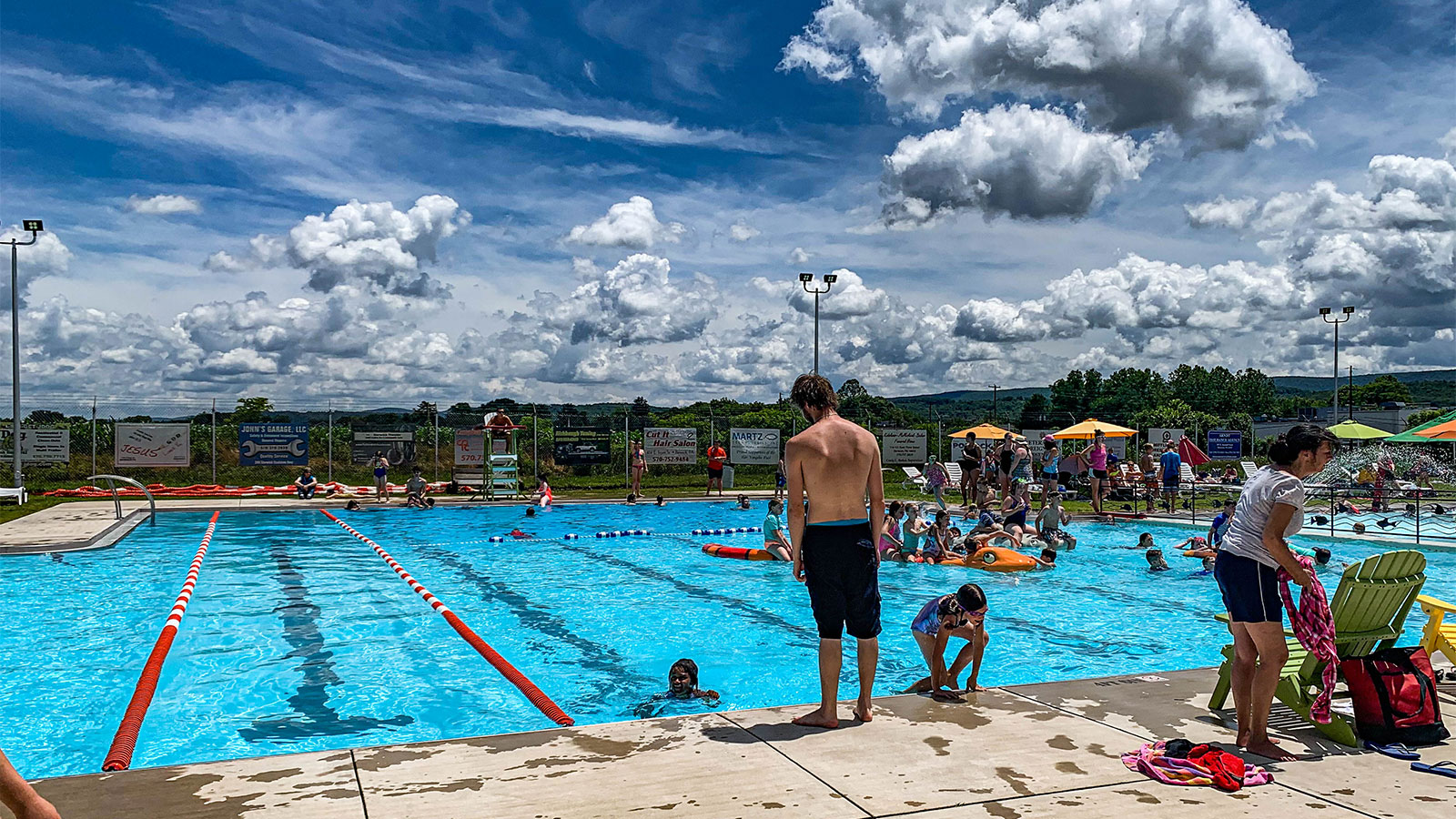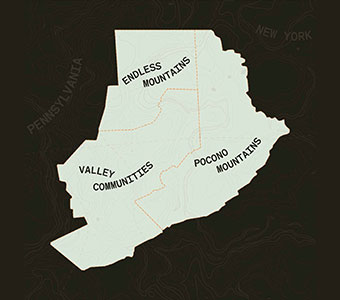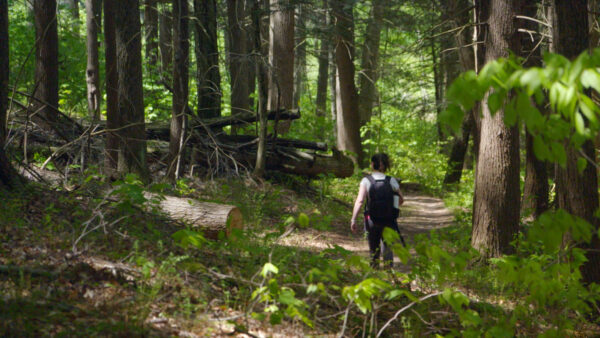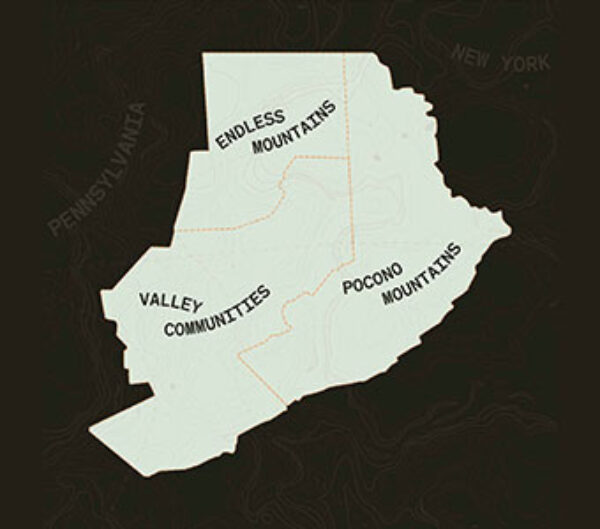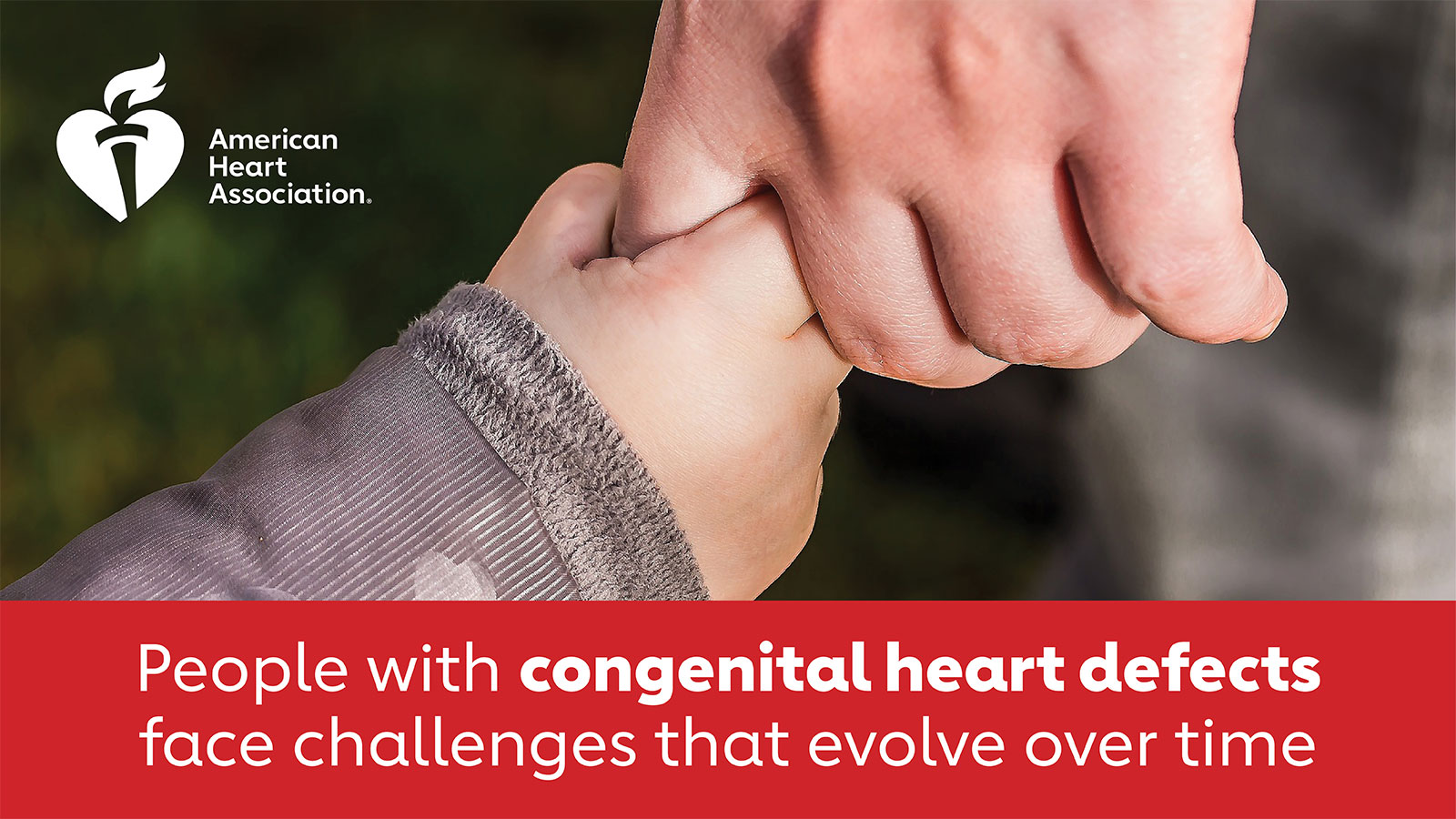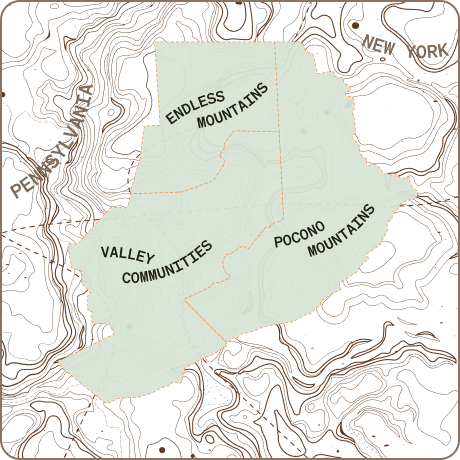Since 1924, the American Heart Association has been fighting heart disease and stroke and helping people to live longer, healthier lives. Our local AHA shares ways that you can stay healthy, get involved and help raise awareness right here in NEPA.
People with Congenital Heart Defects Now Live Longer but Face Challenges that Evolve Over Time
Nearly 40,000 infants are born with a congenital heart defect each year in the United States. Thanks to research and medical advances, most people with CHD survive through adulthood. But the majority of patients need some specialty heart care throughout their lives. Beyond health and medical issues, many people living with CHDs face other challenges, especially as they transition into adulthood.
A series of scientific statements recently published by the American Heart Association outlines several of these obstacles:
Psychological Care
People born with heart defects may experience psychological and social challenges from infancy through adulthood.
- Children with more complex CHDs are five times more likely to receive an anxiety diagnosis in their lifetime compared to children without CHD.
- For adults with CHD, the rate of experiencing a mood or anxiety disorder in their lifetime is about 50%, compared to about 30% for adults in the general population.
- The AHA advocates for mental health assessments and support to be part of comprehensive care for all people with CHDs rather than a special service that is offered only in some places or in special circumstances.
Social Determinants of Health
Disparities driven by social determinants of health limit access to the lifelong specialty care needed by people living with CHDs.
- Specialty care services are concentrated in urban areas, making access difficult for survivors in rural or smaller communities and those who may not have transportation or flexible work schedules.
- Certain communities may have limited programs for home monitoring and visitation as well as nutrition, growth and cognitive development (such as school-based outreach).
- Fewer than 500 board-certified specialists in adult congenital heart disease support the growing number of adults with CHD in the U.S., and they are primarily located in urban areas.
Transitioning to Adulthood
Children with CHDs need special attention to successfully transition to adult-oriented health care.
- Young people living with CHDs may not seek care as they become adults until they are facing a health crisis.
- Extended time without routine care can have a significant impact on their long-term health and quality of life.
- A better understanding of transition needs and barriers is needed to minimize worsening health disparities for people with low socioeconomic status and those from historically under-resourced communities.
The American Heart Association is working to better support CHD survivors through increased awareness of these challenges, access to specialty care and recognition of the unique physiological and psychological impacts of their condition. Learn more at heart.org.

